Whether it’s streamlining internal workflows or maintaining excellent customer relations, the quality of your business’s connectivity plays a pivotal role in its success. Having reliable services and technologies that facilitate seamless communication and information transfer between your teams and customers is vital. But what is business connectivity, and how can it support your growth?
Business connectivity is the infrastructure that enables your business to stay connected, communicate and operate smoothly. Having the right business connectivity solutions ensures your business stays connected and can transfer information between departments and with customers, suppliers and partners.

Key aspects of business connectivity
High-speed internet access is the foundation of business connectivity. In today’s modern workplaces, every device and every action relies on having an internet connection, whether sending an email, storing valuable data or making a phone call via a telephony system.
Let’s take a closer look at the key aspects of business connectivity and the different internet access options for businesses:
- ADSL (Asymmetric Digital Subscriber Line): This is a more traditional form of broadband, typically using copper phone lines. It’s affordable but often slower than more modern alternatives. It’s ideal for smaller businesses with low internet usage or minimal online activities.
- FTTC (Fibre to the Cabinet): A middle-ground option, FTTC uses fibre-optic cables up to the nearest street cabinet. Still, the final connection to the business is made via copper cables. This provides better speeds than ADSL but can still face limitations based on distance from the cabinet.
- FTTP (Fibre to the Premises): Also known as full-fibre, FTTP uses fibre-optic cables directly to a business’s premises, offering the highest speeds and reliability. This is ideal for businesses that rely heavily on internet-based operations such as cloud services, large file transfers, or frequent video conferencing.
- Wi-Fi networks: A reliable, high-performance Wi-Fi network is essential for businesses to enable wireless access to the internet and internal networks. Employees, guests, and devices all connect through these networks, making the configuration and security of Wi-Fi systems critical.
- SIP Trunks (Session Initiation Protocol): SIP trunks allow voice calls to be made over the internet instead of traditional phone lines. This is part of the shift towards Voice over IP (VoIP) systems, which offer significant cost savings and better scalability compared to traditional telephony systems.
Why business connectivity is important?
Beyond just providing fast internet access, business connectivity plays a vital role in how businesses operate, collaborate and meet their customers’ needs. It drives internal communication using tools such as email and video conferencing. It also allows businesses to quickly respond to customers through live chats and customer support channels.
Combine this with enhanced cloud computing and storage that business connectivity can deliver, and your business can not only support remote working more efficiently but will also see productivity gains in sales and management.
Lastly, business connectivity solutions such as SIP trunks and cloud services can help your business realise cost savings with tools such as VoIP telephony systems. While cloud solutions and fibre broadband provide your business with the tools, it needs to scale as it grows.
Boost your business connectivity
At Zeus Connex, we believe relationships should be built on trust, honesty and communication. That’s why we promise to be upfront with our costs so you don’t get surprises along the way.
Contact us to discuss your requirements and explore how we can help you create a bespoke business connectivity package to suit your business.


